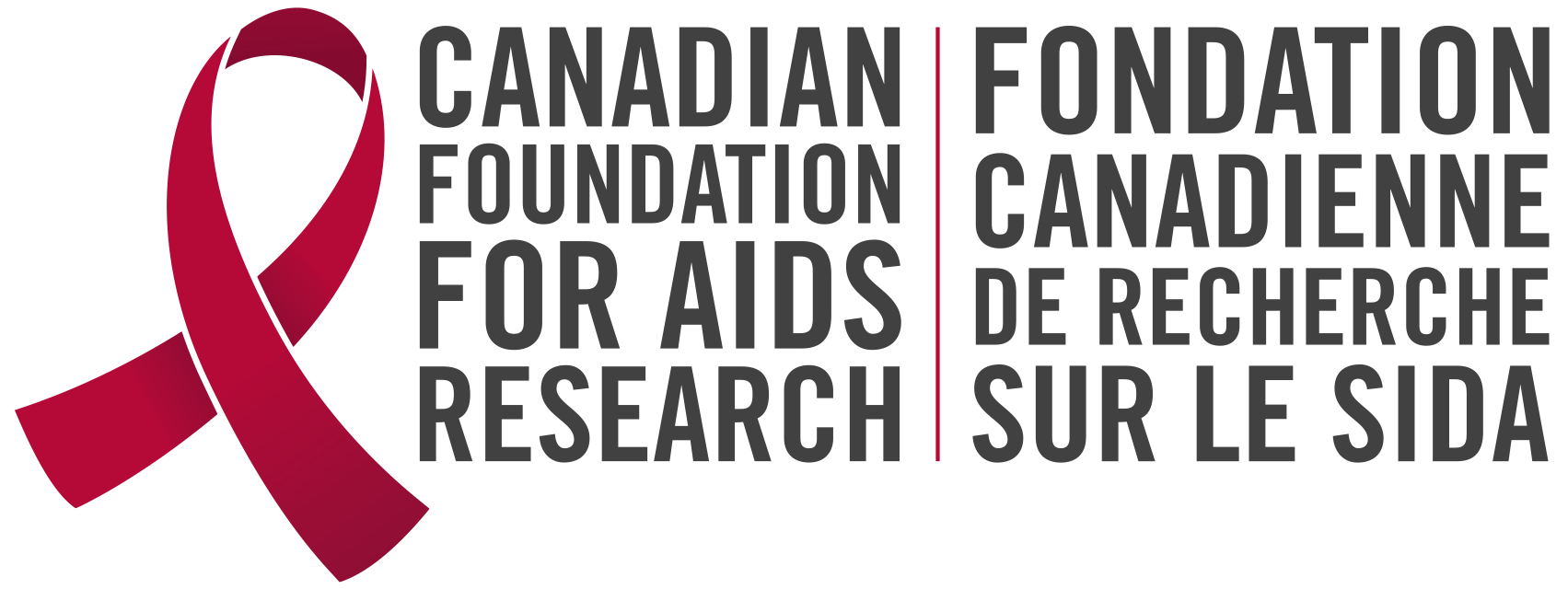Famous Black people living with HIV throughout history
CANFAR National Ambassador Jade Elektra reads from her HIV storybook about famous Black people living with HIV from history. Watch now, and scroll below to learn more!
https://vimeo.com/801444240
People from African, Caribbean and Black communities are disproportionately affected by HIV and AIDS, making up only 2.5% of the total population in Canada but accounting for 15% of Canadians living with HIV.
While Black activism is often erased in dominant media and movement narratives, Black activists and allies have been leaders in the fight against HIV/AIDS.
The fight to end HIV/AIDS has centered around the experiences of white gay men, invisibilizing the experiences of Black Canadians, including in research. Many Black activists and their allies have been left out of the HIV/AIDS landscape in research and advocacy. Let’s change that.
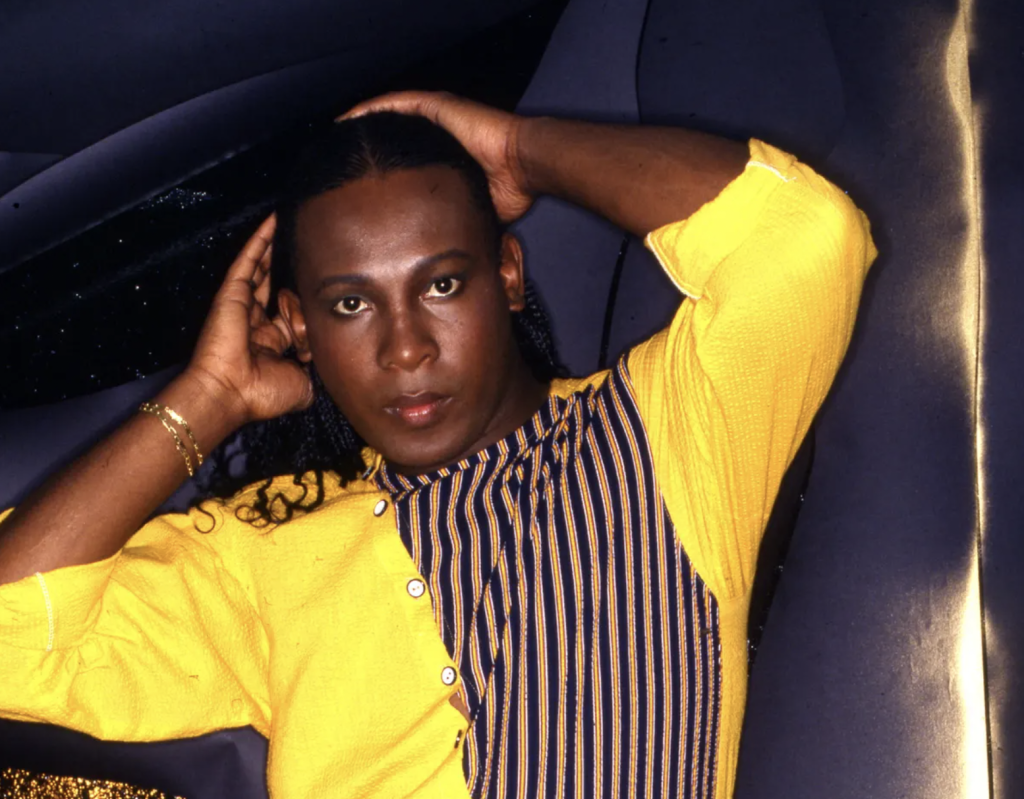
Sylvester
Known as the “Queen of Disco”, Sylvester was an American singer-songwriter best known for the disco classic, “You Make Me Feel (Mighty Real)”. Sylvester was a member of San Fransisco’s infamous drag troupe, the Cockettes, and appeared in the film, the Rose, with Bette Midler. As an openly gay performer, Sylvester came to be seen as a spokesperson for the gay community and was a radical visionary for Queerness, music, and race. Sylvester died from AIDS-related complications in 1988, but his public-embrace of his sexuality remains trailblazing to this day, along with that legendary falsetto voice.
https://www.youtube.com/watch?v=nz9CPABNMWo
Sharon Redd
Disco Queen, Sharon Redd, was an American singer from New York, known for chart-topping hits “Never Give You Up”, “Love Insurance” and “Can You Handle It?”. Sharon was also a backing vocalist for musical legends Luther Vandross and Jocelyn Brown, and was one of Bette Midler’s Harlettes. Sharon died from AIDS-related complications in 1992. Her death as a Black woman living with HIV was never taken up as an opportunity to bring awareness to the vulnerability of other Black women because she was a Disco Diva.
https://www.youtube.com/watch?v=dMC3ZJHZEzc
Arthur Robert Ashe Jr.
Arthur was an American professional tennis player who won three grand slam singles titles. He rose from segregation and racial roadblocks to become the first African American to win the US open in 1968. He was a dignified ambassador of equality and goodwill, an activist, author, educator, and a tireless campaigner for civil rights and racial equality. Arthur died from AIDS-related complications from a blood transfusion in 1993, before blood supply testing was implemented. Arthur has been showered with honours, tributes, and accolades, including the Presidential Medal of Freedom shortly after his death.
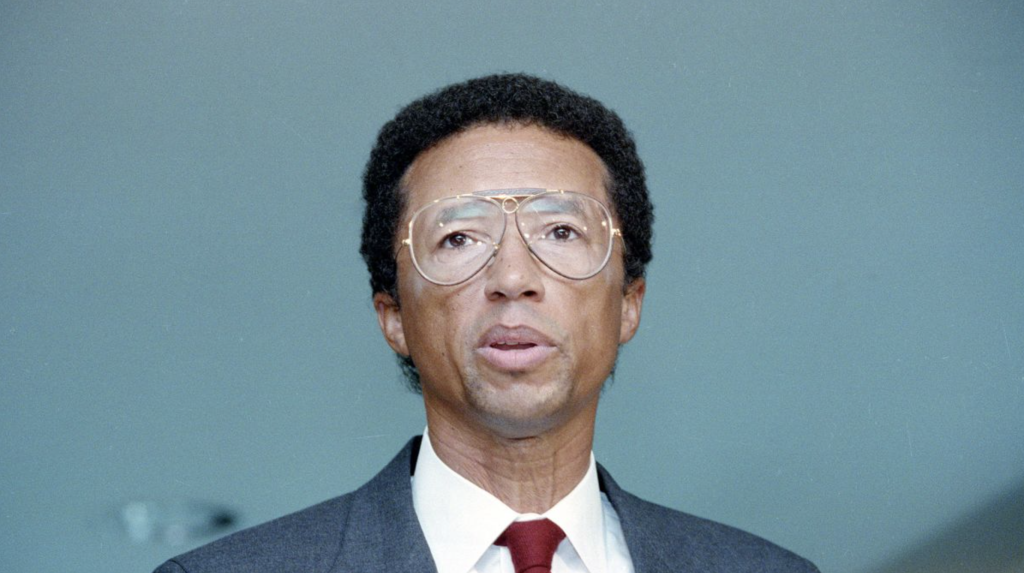
Billy Newton-Davis
A four-time Juno-winning R&B, Jazz & Soul vocalist, Billy was born in Cleveland, Ohio, but moved to Toronto in 1980. He has worked with musical legends Gloria Gaynor, Sammy Davis Jr., Céline Dion, and the Nylons. Billy was diagnosed with HIV at the height of his career in 1986 and was unexpectedly outed about his HIV-status in 2000 during the filming of Sylvia Sweeney’s documentary, Centre Stage Chronicles. A testament to his courage, Billy went on to become a dedicated HIV/AIDS activist in raising awareness in the ongoing fight for equality and empowering adults and young people living with HIV.
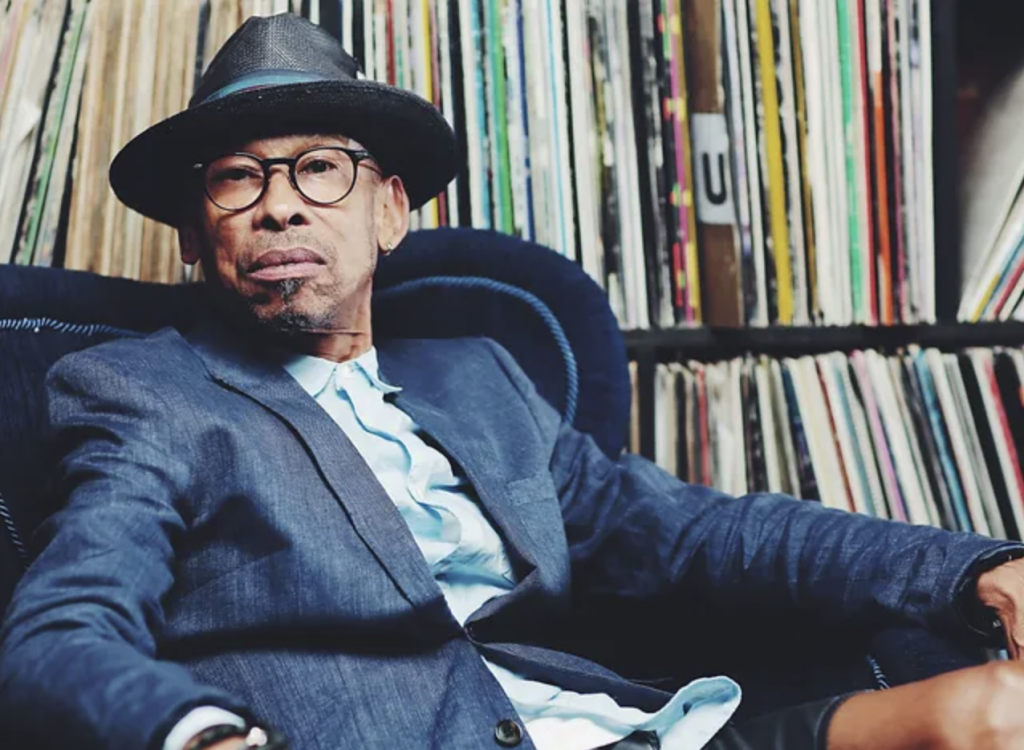
Marsha P. Johnson
Marsha was a gay liberation activist and drag queen, and a prominent figure in the Stonewall uprising in 1969. Marsha helped found the Gay Liberation Front and the political collective known as S.T.A.R, which provided housing and support to homeless LGBT youth and sex workers living in Manhattan. Marsha was a tireless advocate for transgender rights, sex workers, prisoners, and people living with HIV.
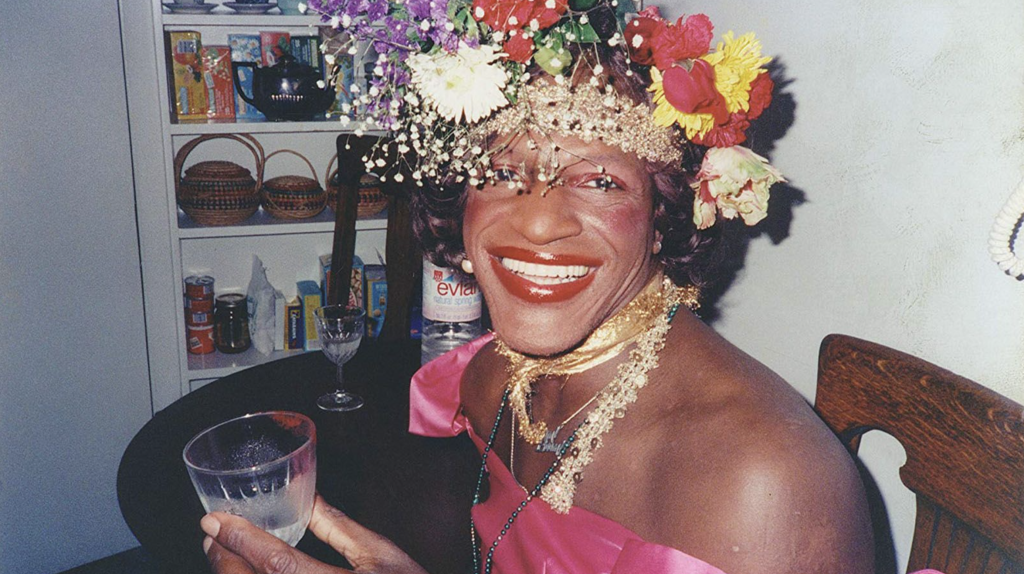
CANFAR’s Love In, Stigma Out campaign seeks to bring awareness to the injustices of HIV criminalization in Canada. It is important to recognize that Black Canadians are overrepresented in the criminal justice system with heterosexual Black men having been targets of HIV criminalization cases.
